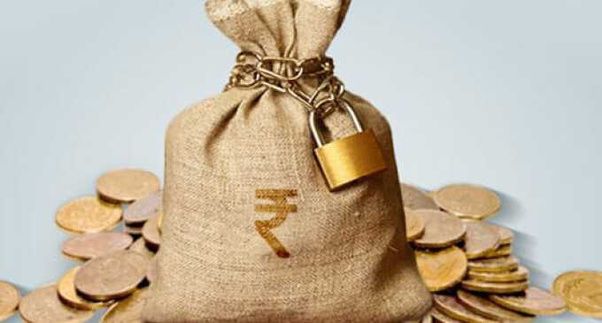Fixed deposits (FDs) are one of the most popular and safest investment options. It is because they offer a guaranteed repayment of whatever you save along with an additional interest. However, FDs are NOT 100 percent risk-free.
Here are five points that you need to consider to keep your investment safe in a fixed deposit.
1. Your money is safer at a Scheduled Bank.
Public sector and large private banks are considered safe to get guaranteed returns from an FD. But level of protection of your capital investment is based on how your bank has been categorised by RBI. For this reason, you should go with a bank that is listed as a 'scheduled bank'. A scheduled bank is covered under the deposit insurance program of DICGC. In case of a bank failure, your FD of up to Rs 5 lakh is covered under it.
2. Stay away from Co-operative banks and NBFCs.
Co-operative banks and NBFCs lure investors with higher FD rates but the recent crisis in co-operative banks and NBFCs has warned us to be extra cautious. It is advisable to park your money in a commercial bank FD as it is insured under DICGC.
In case you are planning to put your money in an NBFC or co-operative bank, do thorough research about the credit rating and financial health of the company.
3. Your amount decides the bank.
Interest rate of your FD depends on the bank and the tenure. At present, the highest interest rate slab offered by small private banks is between 7% and 8.25%. It is around 250 bps higher than the FD rates offered by public sector and large private banks.
Here, you need to remember that small private sector banks are also scheduled banks. Therefore, your deposits of up to Rs 5 lakh are safe with these banks. However, if you are amount is larger than Rs 5 lakh, then it is advisable to park your money in a public sector or large private bank.
4. Think carefully about how long you wish to invest.
Before opening an FD account and choosing its tenure, you should consider your liquidity and financial goals. If you are careless, and you wishto close the FD prematurely, it could cost you a penalty of 1% on the effective interest rate.
Hence, to avoid paying penalties, plan carefully before selecting the tenure of your fixed deposit.
5. Don't forget to take tax into consideration.
Interest earned from your FD might be taxable depending upon your income slab. The TDS on FD is charged at a rate of 10% on an annual earning of INR 40,000 or more. For senior citizens, the limit is pegged at INR 50,000.
As per new income tax rules, you will be charged 20% TDS if you have not shared your PAN card details with the bank. However, if you are earning below the taxable range, you have the option to submit Form 15H and Form 15G to the bank to avoid tax deduction.
A little knowledge goes a long way. And when it comes to money, you would want to save every rupee.
